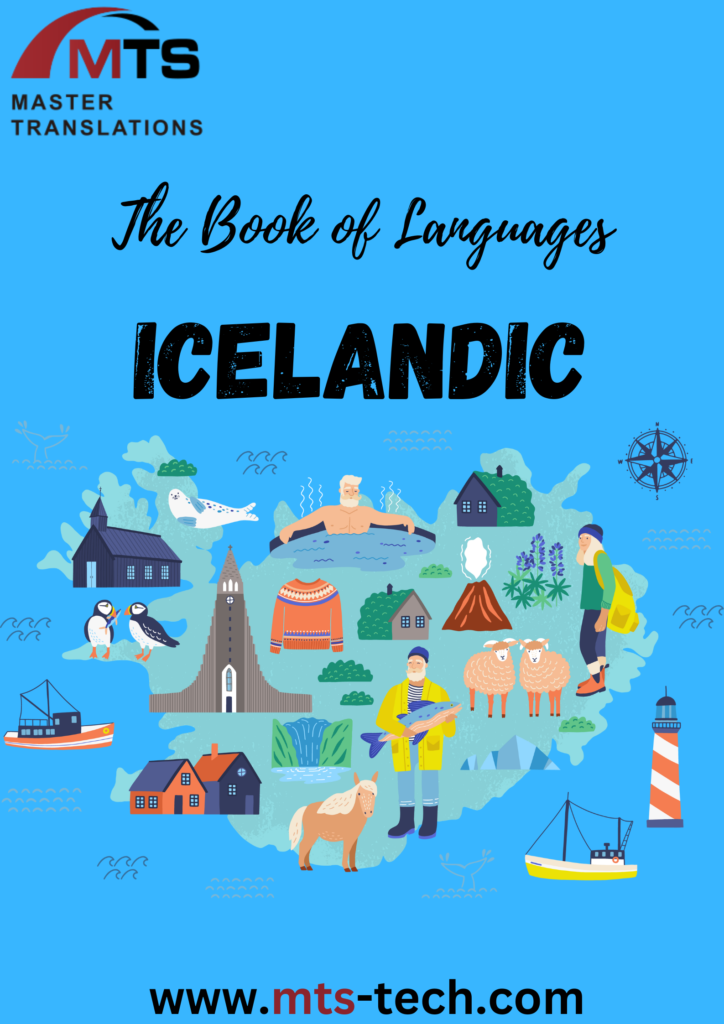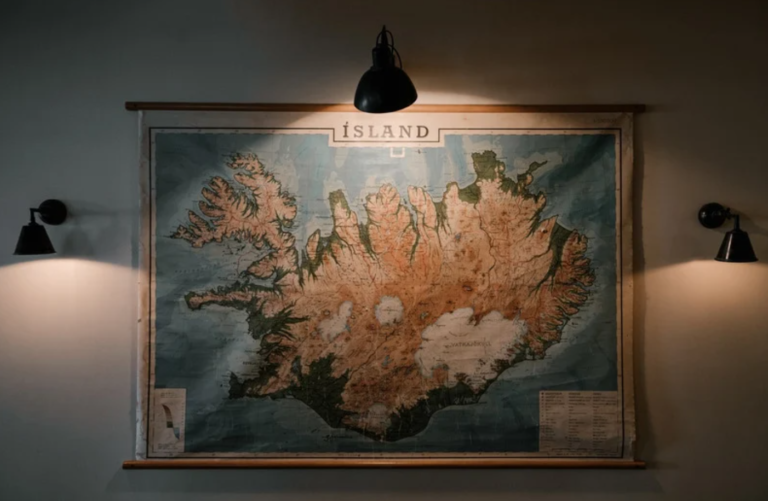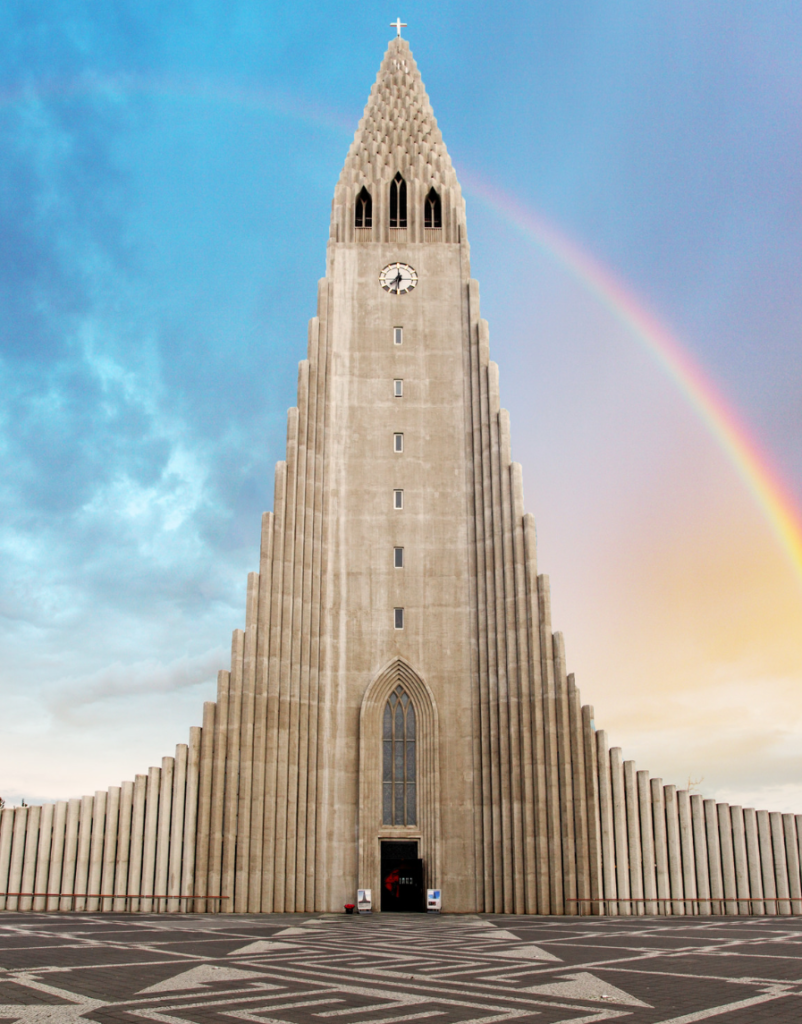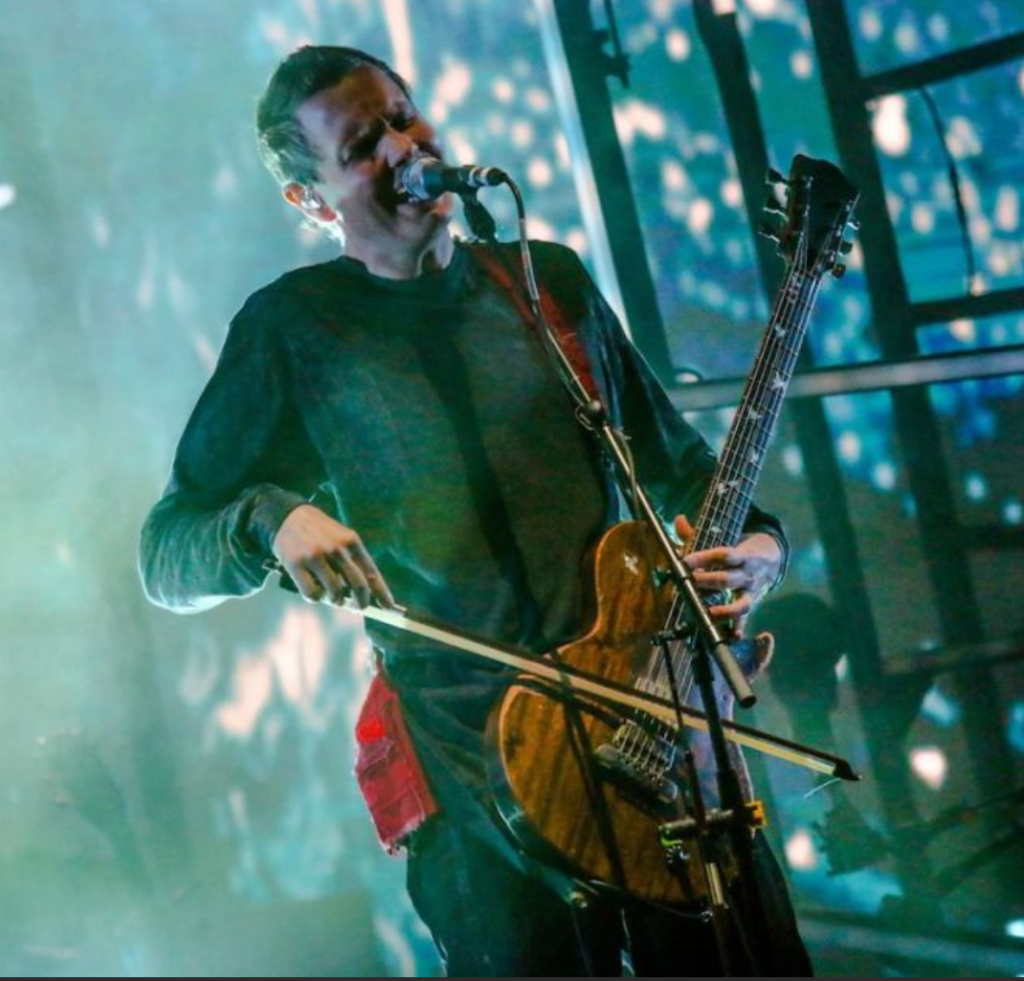
Upon hearing “Iceland”, one might immediately picture breathtaking waterfalls, steamy geysers, and the Northern Lights. But beyond its natural wonders, Iceland carries a linguistic gem: the Icelandic language. An evocative blend of history, culture, and pure linguistic artistry, Icelandic is more than just a means of communication; it’s a voyage into a land where sagas come to life.

Looking at the history, Icelandic is a North Germanic language that’s descended directly from Old Norse. This is the very same tongue that the Vikings spoke, and it’s said that modern Icelanders can still read sagas penned in Old Norse without batting an eyelid. Over the centuries, while sibling languages like Norwegian and Danish drifted away, evolving and adopting new lexicons, Icelandic held its ground, preserving much of its medieval charm.
Fast forward to today, thanks to a conscious effort by Icelanders to keep their language pure, Icelandic remains largely unchanged from its Old Norse roots. Efforts include creating new words for modern inventions rather than borrowing. So, instead of using the word “television”, Icelanders coined “sjónvarp”, which literally translates to “sight-thrower”. Talk about poetic!
Words!
Here are some words that will give you a glimpse of this unique language:
- “Gluggaveður”: Ever looked out your window on a day that looks invitingly sunny but is deceptively cold? Icelanders call this “window-weather”. It looks delightful from behind a window, but step out, and it’s a chilly affair!
- “Nenna”: A unique verb that doesn’t have a direct English translation. It refers to the action of bothering to do something, or more precisely, not bothering. For instance, not “nenna-ing” to go out means you just don’t feel like it.
- “Rúntur”: Essentially a round tour of the local pubs or a night out in the town. If someone invites you for a “rúntur”, wear your dancing shoes!
Icelandic is
A Living Museum: While most languages evolve rapidly, adopting foreign words and phrases, Icelandic has retained its medieval essence. This linguistic conservation means that Icelanders converse in a tongue very similar to that of their Viking ancestors, making their daily chats sound somewhat like a dialogue straight out of a historical novel.
An Evolving Lexicon Without Foreign Interference: Instead of borrowing foreign words, Icelanders have a unique approach. They craft new terms from existing Icelandic words. The computer, for example, is “tölva”, a combination of the words for “number” and “prophetess” or “seeress”. So, essentially, a computer in Icelandic is a “number prophetess”.
The Voice of Nature: Believe it or not, the Icelandic language is said to be shaped by its environment. The vast range of words to describe the landscape — from the many kinds of snow to the myriad forms of rocks — showcases a deep connection between nature and language. It’s as if the ice, the mountains, and the geysers whispered directly into the ears of the island’s inhabitants.

Music!
Iceland might be small in population, but its contribution to the world music scene is titanic. From the ethereal sounds of Björk to the haunting melodies of Sigur Rós, the Icelandic language adds an ineffable quality to their music, making it resonate deeply with audiences worldwide. It’s an experience where you don’t just hear the words; you feel the vast landscapes, the dancing auroras, and the echoing sagas.

So, inspired to dive into this linguistic hot spring? Icelandic, with its complex grammar and unique phonetics, might initially come across as daunting. But remember, it’s a language that has resisted change for centuries, making it predictable in its patterns. Moreover, with the surge of online resources, apps, and courses, getting a grasp of Icelandic has never been easier. Dive in, and you’ll not only learn a language but immerse yourself in the magic of sagas, elves, and the Northern Lights.

